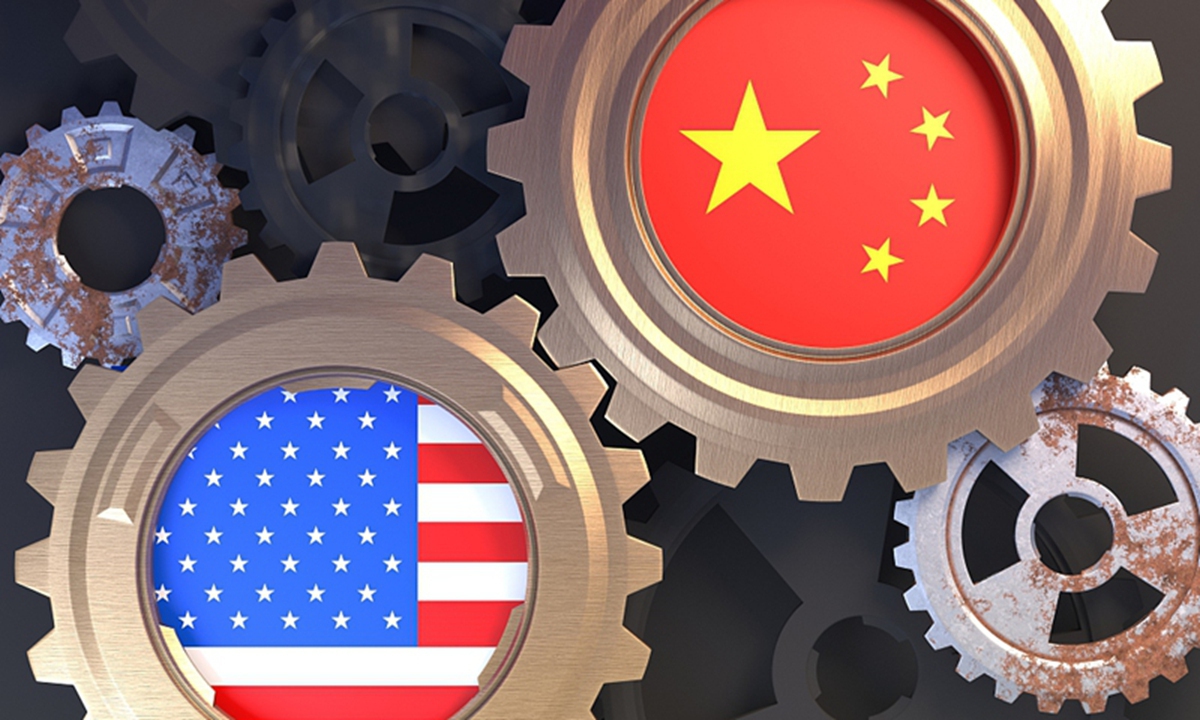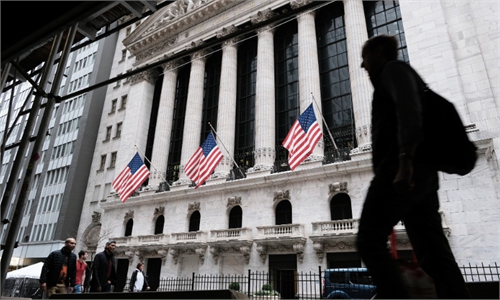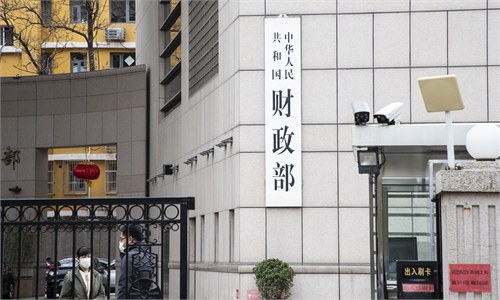US inspection reports won't affect audit deal with China, but bias should be avoided: experts
Inspection reports won't derail deal, but bias should be avoided: experts

File photo: China US
Cooperation between China and the US over audits of US-listed Chinese companies under a milestone deal reached in 2022 will unlikely be affected by recent inspection reports from a US accounting watchdog that showed "deficiencies," Chinese experts said on Friday, while cautioning against potential regulatory bias against US-listed Chinese businesses.
After conducting inspections of audits of US-listed Chinese firms performed by KPMG in the Chinese mainland and PricewaterhouseCoopers in Hong Kong, as part of the audit deal, the US Public Company Accounting Oversight Board (PCAOB) released reports earlier this week, saying it found "unacceptable" deficiencies in the audits.
The PCAOB said that its inspectors found deficiencies in 100 percent of audit engagements reviewed at KPMG Huazhen and three of four audit engagements reviewed for PwC Hong Kong. The PCAOB didn't disclose which companies' audits it had selected for inspection, but a Reuters report noted that Alibaba Group Holding and Yum China Holdings were among the companies that were reviewed.
The problems it found with the two audit companies were very detailed. For example, it pointed out that PwC didn't perform procedures to test or sufficiently test controls over the accuracy and completeness of certain system-generated data.
In a statement sent to the Global Times on Friday, PwC Hong Kong said that the inspection report is part of an important milestone in cooperation between China and US regulators, as well as for US capital markets. It noted that although a number of issues were raised by the PCAOB, the report also states that with respect to the audits inspected, none were found to have an incorrect opinion on financial statements.
"We are working with the PCAOB to address the issues raised as part of our commitment to continuous improvement. Our number one priority is the quality of our services, and we continue to invest significantly to enhance our audit quality," it said.
KPMG Huazhen also told the Global Times on Friday that the company "acknowledges" the findings of the PCAOB following its inspection and has taken steps to address the issues identified. The firm said it will continue to invest heavily in innovation, technology, people and training to create a stronger, more resilient audit business.
The PCAOB's reports were disclosed about nine months after Chinese and US regulators reached what overseas media called a "landmark" deal to settle a lengthy dispute over auditing compliance of US-listed Chinese firms. The deal helped avoid a crisis, with hundreds of US-listed Chinese companies facing delisting from US stock markets at the time.
The China Securities Regulatory Commission (CSRC) said on Thursday that it was willing to work with its US counterparts to promote regulatory cooperation on audits, adding that "we noticed that the US regulator said the deficiencies they found this time were normal for a first-time inspection," Reuters reported, citing a statement from the CSRC.
Chinese experts said that the PCAOB reports are unlikely to affect audit cooperation between China and the US, and China will cooperate with reasonable audit requirements from the US under the bilateral deal.
Eugene Weng, head and partner at Shanghai-based law firm Wintell & Co (Lingang Office), told the Global Times on Friday that he thinks the PCAOB's inspections are "within the scope of normal inspections," and there is no evidence that the deficiency conclusion is directly derived from China-US tensions.
"The fact that the audit report has defects does not necessarily mean that the conclusion of the audit report is wrong, nor does it mean that there is 'accounting fraud' or that it will inevitably cause significant harm to the rights and interests of investors," Weng said.
However, he said that although he wouldn't link the inspections directly to China-US tensions, the large-scale "selective enforcement" by US securities regulators against Chinese companies is still based on bias and discrimination. For instance, other US-listed companies may also have a large range of audit reports with defects or even fraud, but they have never undergone such large-scale inspections by US regulators, he noted.
Chen Jia, a veteran macro economist, also told the Global Times on Friday that the issue of Chinese companies listed in the US may become a target for US to exert pressure on China, but it could also become a catalyst for the two countries' regulators to strengthen cooperation.
"It's hard to say which direction things will go just from this single event, but Chinese companies should make strategic responses such as keeping up with regulatory requirements in the field of auditing and legal affairs, as well as make plans to address potential regulatory discrimination from the US," Chen said.


